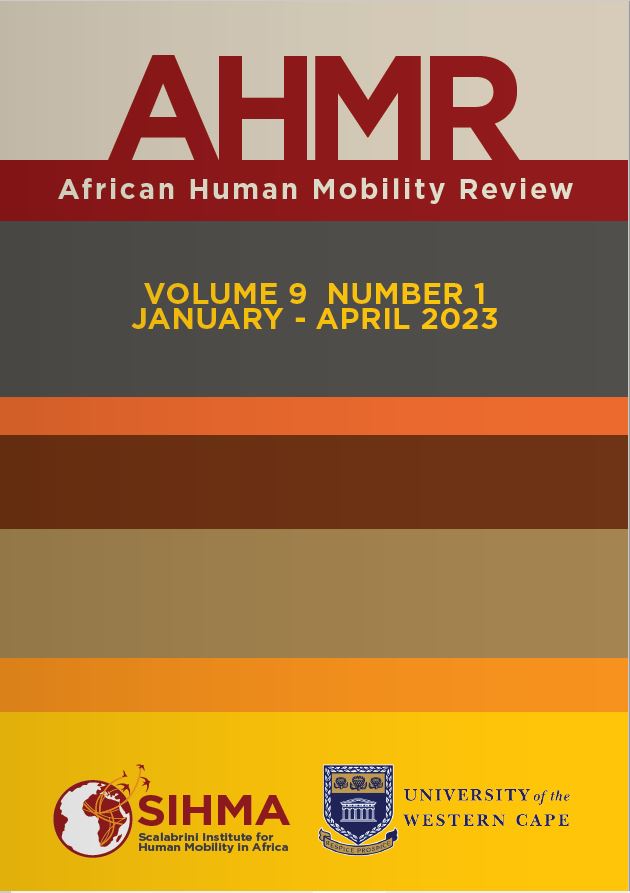Main Article Content
Mobility, Gender, and Experiences of Familyhood among Migrant Families in Tsholotsho, Zimbabwe
Abstract
Migration has a long-standing history in Southern Africa. This paper aims to understand how ongoing contextual transformations due to migration actively shape narratives about families. Specifically, how families and familial relationships have been constructed through the everyday interactions and roles within the family. Through the family histories method, we generated novel data that shows how family accounts transcend normative boundaries of familyhood and how they change in time and across place, which, we argue, are required to understand migrant families. We adopt a multi-sited and gendered approach to gather data from left-behind women in Tsholotsho and migrant men in Johannesburg. The findings show that the meaning of family for left-behind women has remained confined to the normative parameters of kinship, biological, and marital ties. In the past, with husbands and fathers who
migrated, families invoked substitute authority in decision-making, where power was conferred onto other men, perpetuating patriarchal dominance and gender inequality. Furthermore, the findings reveal that in the past, while away, migrant men’s familylinking practices were very minimal, limited by distance. For migrant men, migration invoked a reconceptualization of family that differs from the normative assumptions of family composition. These assumptions notwithstanding, migrant men still thrived on maintaining links with their families to retain their dignity and legitimacy.






